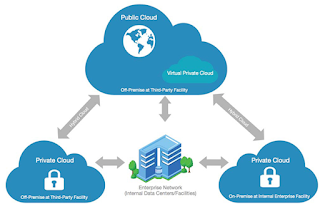What are Linux containers?
In contrast to traditional applications where all components are developed in one piece, some types of applications become easier to build and maintain when they are broken down into smaller pieces that work synchronously.
Applications that are built as modular components are easier to understand, test and maintain. Naturally, this makes your organization more agile. Organizations can benefit from time reduction, scalability, and resilience.
Linux Containers are a set of one or more processes that are isolated from the rest of the system.
Simply put, Containers are software packaging applications that isolate only those components that are needed for its operation. Containers encapsulate software/service, application, all of its dependencies and a minimal amount of runtime applications that it needs to perform its function.
Linux Containers are therefore very similar to traditional Virtual Machines.
But then,
How are Linux Containers different from traditional VMs?
A traditional Virtual Machine requires its own kernel of full-sized OS.
However, Containers share an Operating system kernel. This means that each container requires only a few basic components of OS to run. For example, ARM Linux systems run ARM Linux containers, x86 Linux systems run x86 Linux containers, x86 Windows systems run x86 Windows containers. Linux containers are extremely portable, but they must be compatible with the underlying system.



Comments
Post a Comment